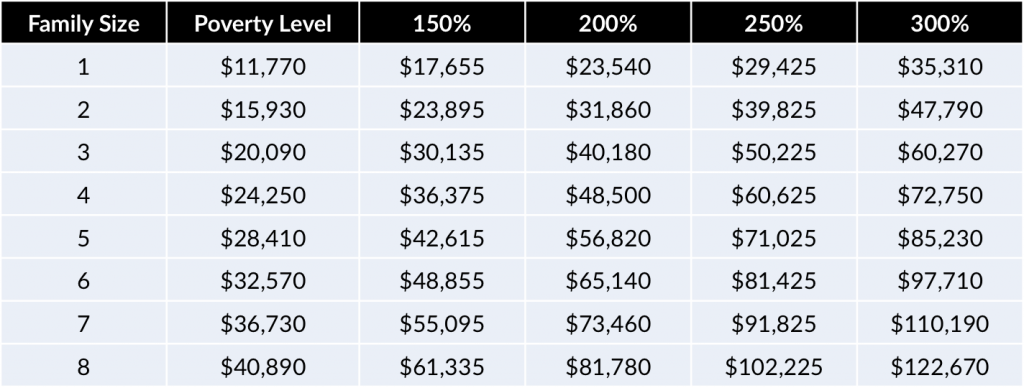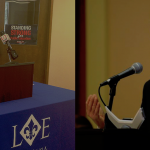It’s safe to say that when it comes to K-12 education policy, Governor John Bel Edwards and I often disagree. Nevertheless, I wholeheartedly support several of the Governor’s other policy objectives, particularly those which seek to improve the welfare of low-income families, such as his efforts to increase the state’s Earned Income Tax Credit and raise the minimum wage, as well as his expansion of Medicaid.
Edwards’ focus on low-income families is a much-needed change. For far too long, lawmakers in Baton Rouge have chosen to ignore Louisiana’s poor, in spite of the fact that our state has one of highest poverty rates in the country. Nearly one out of every five Louisianans (19.9%) are living in poverty. For kids, the numbers are even worse: 28% of Louisiana’s children are growing up poor.
There’s no doubt that our high poverty rate is attributable, at least in part, to our education system, which has historically been one of the worst in the country. The low performance of our public schools also helps explain why Louisiana has one of the lowest college completion rates in the nation. As of 2014, 22% of adults in Louisiana had a bachelor’s or graduate degree; only four states – Kentucky, Arkansas, Mississippi, and West Virginia – ranked lower.
On the other hand, as I’ve previously noted, Louisiana’s public schools are finally moving in the right direction, thanks to the reforms we’ve implemented over the past decade. The statewide cohort graduation rate has steadily increased over the past four years, reaching an all-time high of 74.6% in 2015. Plus, more of those graduates are leaving high school with the skills they need to succeed in college, as seen in increases in the number of students eligible for the TOPS college scholarship program.
Of course, the economic benefits that come with a college degree are significant. A 2012 study from the U.S. Treasury Department found that “the typical worker with just a bachelor’s degree earned…roughly two-thirds more than those with only a high school diploma.” For children born into poor families, the benefits of a college education are even greater. The same report noted, “With a college degree, children born in the bottom quintile have less than a 20 percent chance of staying in the bottom quintile of the income distribution.”
That’s why I am concerned by the package of bills in Governor Edwards’ legislative agenda that would fix the state’s TOPS scholarships at their current level going forward, unless the legislature acts to increase the award amounts. As a result, if tuition goes up in the future, TOPS recipients and their families could be on the hook to cover the difference.

While I recognize the Governor is trying to close a frighteningly large budget deficit that his predecessor left behind, this proposed change to the TOPS program could become a barrier preventing low-income students from attending college, especially since they are are already saddled with mandatory fees that are not covered by TOPS scholarships.

A freeze on TOPS funding levels – much like the sales tax increase the Legislature passed last month – will hit the poor hardest. That’s why the Governor and state lawmakers should instead take a more equitable approach by using a sliding scale to determine how much TOPS recipients will pay in the event of future tuition increases.
For example, students from families with incomes at or above 250% of the federal poverty line might still receive a flat TOPS award funded at 2016-17 levels, but the program could cover an increasing percentage of any tuition hike for scholarship recipients further down the income ladder, paying the full amount for students from households at/below the poverty line.

While it’s likely that the legislature will take steps to rein in TOPS spending, we shouldn’t shut low-income students out of our state colleges and universities in the process. Governor Edwards and the legislature can do that by looking beyond an across-the-board freeze on those scholarships.


12 Comments
Leave a Reply